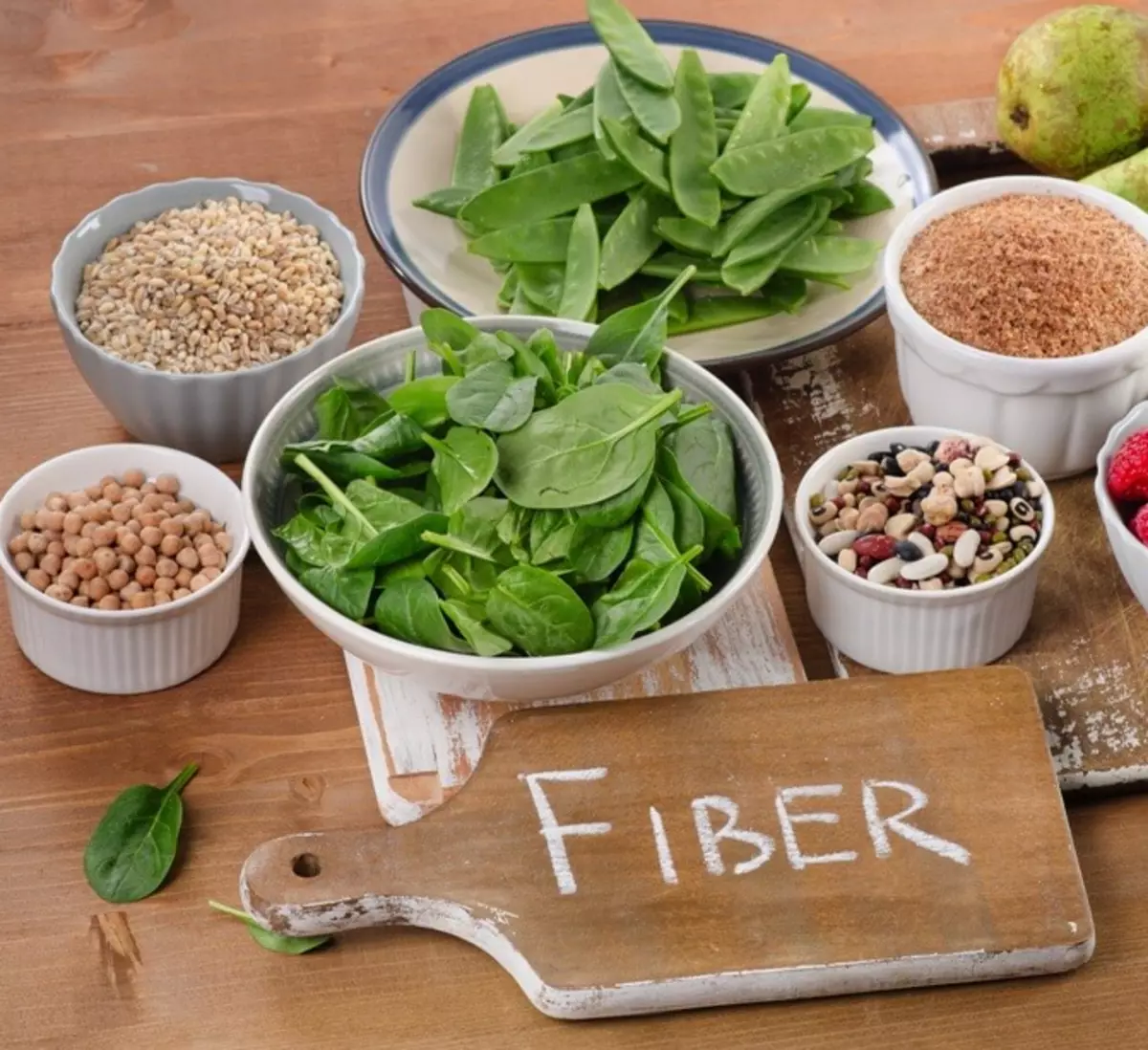How to Gain Incredible Health Benefits from Dietary Fiber
The fiber in your diet is an nutrient which can be very beneficial to your overall health. It helps control level of blood sugar, decrease cholesterol levels, and limit your appetite. It can also help lower the blood sugar spikes that occur following a meal with a lot of carbs. Apart from these benefits, dietary fiber can also provide many other advantages.
It decreases appetite
Dietary fiber can help in reducing your appetite, and may provide a variety of health advantages. It reduces the absorption of sugars from foods and can help regulate the levels of blood sugar. It also assists in stabilizing the levels of insulin, which aids in the storage of less fat. Thus, eating more fiber can help you shed weight. Cenforce 200, Fildena 100 and Cenforce 200 is also the most effective medicine to live a healthy life.
The fiber is naturally present in foods and is available in many types, such as tough, chewy, chewy, and hard. Certain fibers are water-soluble and others take up lots of space within your digestive tract. Whatever the type it can reduce appetite and offer remarkable health benefits.
Numerous studies have demonstrated that fiber can help control diabetes and weight. Fiber helps improve the function of the friendly bacteria within the digestive tract. These bacteria produce hormones that enhance the body’s insulin sensitivity and decrease appetite. Fiber also slows the absorption of nutrients that makes people feel fuller for longer.
A diet that is rich in fiber aids in weight loss due to the fact that the fiber decreases the amount of refined carbs and lower nutrient-rich food items. Alongside being an effective weight loss aid and a great source of fiber, dietary fiber is generally suitable for consumption over the long term. However, there could be some minor drawbacks with the consumption of dietary fiber.
It reduces cholesterol levels.
Dietary fiber is an essential ingredient in the diet and comes with numerous advantages. Dietary fiber assists in keeping cholesterol levels at a normal level, shields blood vessels and decreases the chance of developing atherosclerosis. It also assists in the elimination of harmful cholesterol from the body, and aids in normalizing digestion. Dietary also functions as an effective prebiotic, providing beneficial gut bacteria. It aids in the production of vitamins as well as useful trace elements. Additionally, dietary fiber aids in keeping the immune system strong.
The fiber that is soluble found in vegetable fibers is particularly helpful in lowering cholesterol. Oatmeal, sprouted grain, along with whole grains, are excellent food sources for fiber. Additionally the legumes like peas and lentils are both packed with fiber. A cup of lentils has around sixteen grams of fiber. It is also possible to solve any health issues you have by using Cenforce 100.
Soluble fiber is a binder to stomach fluids and helps food be absorbed faster. It also helps to flush out toxins as well as cholesterol in the bloodstream. Soluble fibers can also be beneficial for controlling blood sugar since they can slow down the absorption of fat and sugar through the intestinal tract.
Dietary fiber isn’t difficult in incorporating into your daily diet. Make sure to start with small amounts, and then gradually increase your intake in time.
It helps lower blood sugar spikes after meals with high carbs.
A diet rich in fiber can reduce glucose spikes. Research has shown that fiber slow the rate of emptying gastric juices that is the flow of food particles that have been digested into small intestinal. In making foods more viscous the fiber can slow the rate of emptying gastric juices which can reduce blood glucose levels post-meal. As a result, fiber may help you feel fuller for longer.
Alongside reducing the risk of having high blood sugar, fiber may enhance overall health. It encourages regular digestion, reduces the chance of developing cancer and heart disease and regulates your blood sugar level. Dietary fiber is processed differently as refined carbs, which means it can pass through the intestinal tract and does not cause excessive levels of blood sugar.
Amount of fiber you consume daily is vitally important. It is recommended to consume between 22 to 34 grams of fiber per day. The most effective sources of fiber are flax seeds, chia seeds avocados, specific beans and whole fruit.
Another method to reduce high blood sugar levels is eating protein and vegetables prior to eating carbs. Numerous studies have demonstrated that those suffering from type 2 diabetes have less blood sugar spikes after eating veggies and protein prior to eating carbohydrates.
It assists in controlling bowel movements.
Dietary fiber is a great way to regulate the flow of bowels, which can be beneficial to an overall healthy digestive system. But, excessive amounts of it can lead to frequent stool movements. To prevent this from happening, make sure to comprehend the advantages of fiber and discover how to incorporate it into the diet of your choice in a healthy way.
Dietary fiber comprises both insoluble and soluble varieties. The soluble variety is found in vegetables, fruits as well as oats, barley along with whole grains. Insoluble fibers, on contrary, do not dissolve in water but hold the water instead. Therefore, while soluble fibers assist in controlling bowel movements as well as regulate how much water is absorbed insoluble fibers may cause undesirable gas and increase bulkiness.
Dietary fiber is a great source of nutrition with many advantages. It makes you feel fuller it helps you lose weight, and also improves the condition for your skin. It’s also been proven to reduce the risk of colon cancer. Fiber in your diet can help control the bowel movements and help ensure that you are regular. It is suggested to consume between twenty and twenty-five grams of fiber daily for the best health. The increase in your intake of fiber should be gradually and slowly.
Dietary fiber is a crucial element of a diet that promotes good digestion. It helps keep the digestive tract in good order and ensures regular bowel movements and helps reduce the risk of developing heart diseases and diabetes type 2. It comes in two primary varieties, soluble and non-soluble dependent on how it is digested. The soluble form absorbs water and produces an emulsion-like substance within the digestive tract. It also helps regulate the blood sugar level.
It helps keep you on track
Fiber is an essential element of a healthy diet and can be found in various food items. You can increase the amount of fiber you consume by eating more non-starchy veggies and legumes. They can be added to your favourite soups and stews, casseroles and salads.
Fiber has many advantages and is renowned for its ability to reduce cholesterol and reduce the risk of heart disease. Also, fiber has a relaxing effect on the digestive tract and can aid in keeping you healthy. It also helps lower the blood sugar level. The people who eat more fiber are less at risk of chance to develop diabetes than people who consume less.
Fiber comes in two major kinds: insoluble and soluble. Soluble fiber is absorbed into digestion, whereas insoluble fiber isn’t. Soluble fiber is a great aid in regulating blood sugar levels, and also lower bad cholesterol. It also helps keep you healthy by enlarging your stool. It is possible to find both insoluble and soluble fibers from whole grain, oatmeal bran fruits and vegetables, nuts and seeds.
Dietary fiber can be found in a variety of food sources and all kinds have health benefits. It is recommended that you consume approximately 25 grams of fiber every day, however, the majority of Americans consume only 15 grams. Whole grains and whole nuts, fruits, and legumes are excellent source of fiber.




